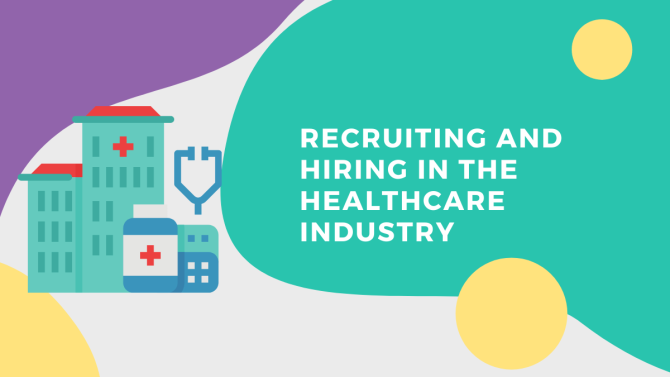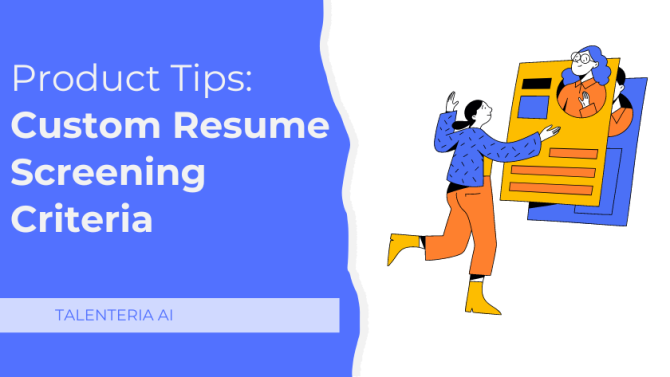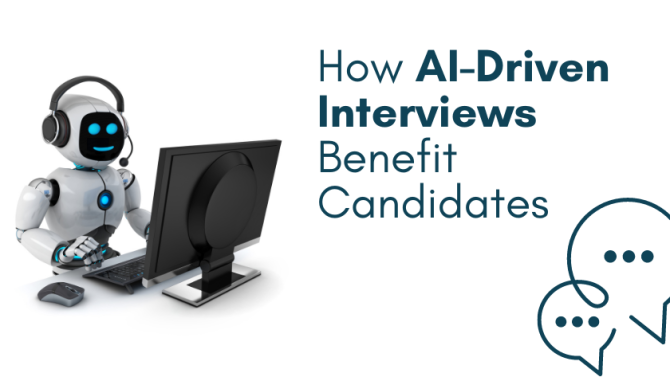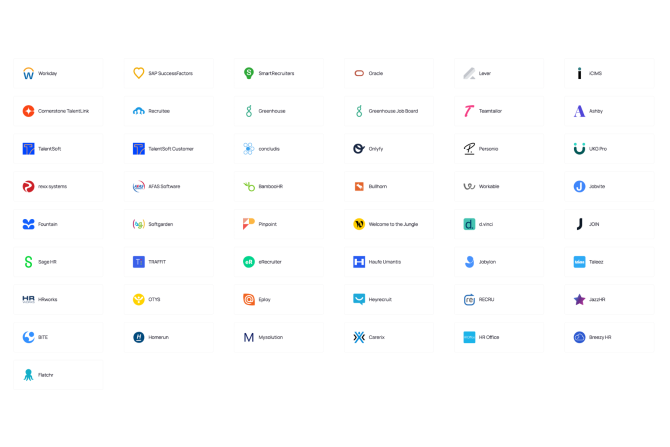
The healthcare industry is one of the biggest industries in the world, and recruitment for it has always been a challenge. But since the unprecedented Covid-19 outbreak, the scope of healthcare recruitment has seen a major upheaval.
Now more than ever, the importance of filling essential positions in healthcare cannot be underestimated. Although the vaccine rollout appears to signal the beginning of the end of the pandemic, demand for healthcare professionals is still at an all-time high. Effective healthcare recruiting has an even weightier obligation as the lives of millions are potentially at stake. Therefore, time is of the essence, and recruitment methods must be efficient and proactive.
This article will look at how the pandemic rocked the healthcare industry, the subsequent changes, and how these changes have impacted recruitment in healthcare.
Changes in the Healthcare Industry
Since the pandemic, there have been plenty of changes made in the healthcare industry in order to cope and adapt to the new reality. In this time of crisis, healthcare recruiters were under even more pressure than before to find top-quality candidates quickly. Some of these changes will be here to stay, while others will rebound once the coronavirus situation has stabilized.
However, the recruiters were not the only ones to feel the strain, as the essential workers themselves have had to demonstrate intensive flexibility for their expanding responsibilities, extra hours, new health and safety guidelines, and mental resilience.
Their abilities to handle unexpected levels of patient capacity and unpredictable changes in day-to-day procedures have been stretched to the limit in an already stressful work environment.
In the past year, there has been a drastic increase in demand for phlebotomists and nurses across the country, a shortage of care home workers, and a pressing need to fill newly created virtual care assistant roles.
All of these things need to be considered when formulating healthcare recruitment strategies.
Hiring in the Healthcare Industry
Recruitment in healthcare has never been more competitive. Therefore, there must be no holding back when it comes to the strategies adopted. Here are some ways to improve your healthcare recruitment strategies:
Attractive Job Postings
All hiring processes start with a job posting. A well-written and attractive job posting can have a major effect on the number of applications you will receive. The content of the job posting is a large determining factor of candidate quality. The location these job postings are advertised will also influence the visibility of the post.
All these things need to be carefully considered when crafting the optimal job posting. Job descriptions should do their best to follow SEO best practices and link back to your careers page for an increased candidate engagement and applicant conversion rate.
1. Have a Great Benefits Package
Healthcare professionals are likely to be well aware of their worth in the job market. Hence, they will be looking to work for places that can provide them with the best benefits and all the support they require. The standard 401k and limited paid time off are no longer enough to snag the best candidates.
Thus, organizations should seek to offer more customizable benefits, include extra paid sick leave, flexible time off, and mental health facilities such as free counseling. Being able to give a good work-life balance will be the most attractive asset an organization can bring to the table.
2. Relocation Benefits
If there is a shortage of local skilled medical talent, then you must consider expanding your search nationally or even globally. This will involve offering a generous relocation benefits package. It is simply not possible to entice high-quality hires to uproot their lives for a job without one.
It must be clearly stated in the job description that relocation benefits are offered, and the basics of the benefits included such as transportation expenses and temporary housing. Be open to negotiations if necessary.
3. Advancement Opportunities
All medical professionals will find it enticing if an organization is willing to provide advancement opportunities. Highly educated and experienced medical professionals will be looking to be fast-tracked into senior positions. Those newer to the field will be looking for organizations that can provide training and educational support for career development. Additionally, make it known that full training and effective onboarding will be in place for all new recruits.
If you can arrange for these advancement opportunities, they should be at the forefront of the listed offers in job descriptions. In general, you need to inspire loyalty, and newly opened positions should largely be due to employees advancing within the organization rather than due to attrition.
4. Leverage Social Media
While using specialty job boards has shown a decent level of success, promoting an organization through social media has been shown to be effective in other industries. With medical staff often on the move, they are more likely to be on their mobiles and accessing social media to keep in touch with friends and family in between long, arduous shifts. This means that leveraging social media to promote your organization and job postings will be just as effective for healthcare recruiting.
5. Mobile-friendly Career Pages
Further to the previous point, since healthcare staff usually access the internet on the go using mobile devices, your career page and chosen job boards must be fully compatible with all mobile devices. Make sure your company website can be viewed easily on both android and iOS phones and tablets. Also, ensure that online applications can be completed using mobile devices to not miss out on applications due to technical difficulties.
Traveling Nurses
There are various agencies that can supply traveling nurses from a number of clinical backgrounds that can be made available at a moment's notice. They can are pre-vetted and ready to be deployed generally on a short-term and temporary basis. This is a practical solution for positions that are in urgent need of filling to alleviate the strain during unexpectedly busy times.
6. Local Government Partnerships
Some healthcare recruitment agencies have seen success by partnering with local governments as a "back-door" method. In doing so, you will gain a wider reach, increasing awareness and candidate engagement. Jobs may be advertised on government websites or touted at local workforce solution centers.
7. Analytics and Insight
Using advanced application tracking systems, the progress of your hiring process can be monitored, and the data collected can be transformed into detailed metrics and analytics. This, in turn, provides you with valuable information about how well your healthcare recruitment strategies are doing. You can pinpoint both strengths and weaknesses of your healthcare recruiting efforts and seek to address and improve problem areas immediately.
It is also possible to see where you are sourcing the most high-quality applicants, therefore giving you a better idea of where to focus your time and attention, potentially reducing your time to hire.
Healthcare Recruiting and Hiring Challenges
With new changes in healthcare recruiting, there were bound to be further hiring challenges to face.
Challenge 1: Fast Credentialling
Recruitment in healthcare is much more complex than in any other industry. Not only are there extra steps involved, such as credentialing candidates, insurability, licensing, and employment verification, but we now must also keep track of immunization records too.
Therefore, it is especially essential to implement an automated documentation organization system. Allow candidates to submit the required paperwork instantly online, where they can be accessed and evaluated by the HR team at any time.
Challenge 2: Resource Planning
Resource planning is now a lot more complicated to predict. This is due to the rapid turnover rates and urgent deployments of both tenured and contingent staff to other hospital and clinical centers. Some of this is also caused by increased pay opportunities in vaccination sites.
Challenge 3: Retention of Top-Quality Talent
Retention of quality hires must be a priority, and to do so will require finagling with salary negotiations, benefits, and emphasis on better company culture (such as diversity, inclusiveness, and engagement) to inspire loyalty.
Challenge 4: Improving Workplace Culture
As mentioned previously, workplace culture is an extremely important aspect that needs a radical overhaul to adjust to the current climate in the healthcare industry. More and more healthcare workers are feeling overworked and underappreciated for their heroic efforts and the difficult challenges they are facing day in day out.
Challenge 5: Virtual Healthcare Recruitment
Social distancing has created an entirely new niche for healthcare recruitment, and that is virtual healthcare assistance. This has sparked the need to find medical health professionals who can work remotely with savvy technological skills. It has also paved the way for new computerized tools, and new recruits will require training to be able to use these tools competently.
These are trying times in the healthcare industry. The burden lies heavy on healthcare recruiting to keep up with fluctuating demands and rapid structural changes - the likes of which have never been experienced before. The gravity of being able to attract and retain top medical talent cannot be understated.
Utilizing technology is the only way to effectively manage this burden by streamlining and monitoring the implementation of healthcare recruitment strategies. Get analytical insights and improve your career page performance with the right tools. Contact Talenteria today to find out how we can help you!
For more articles like this, find them right here on Talenteria





